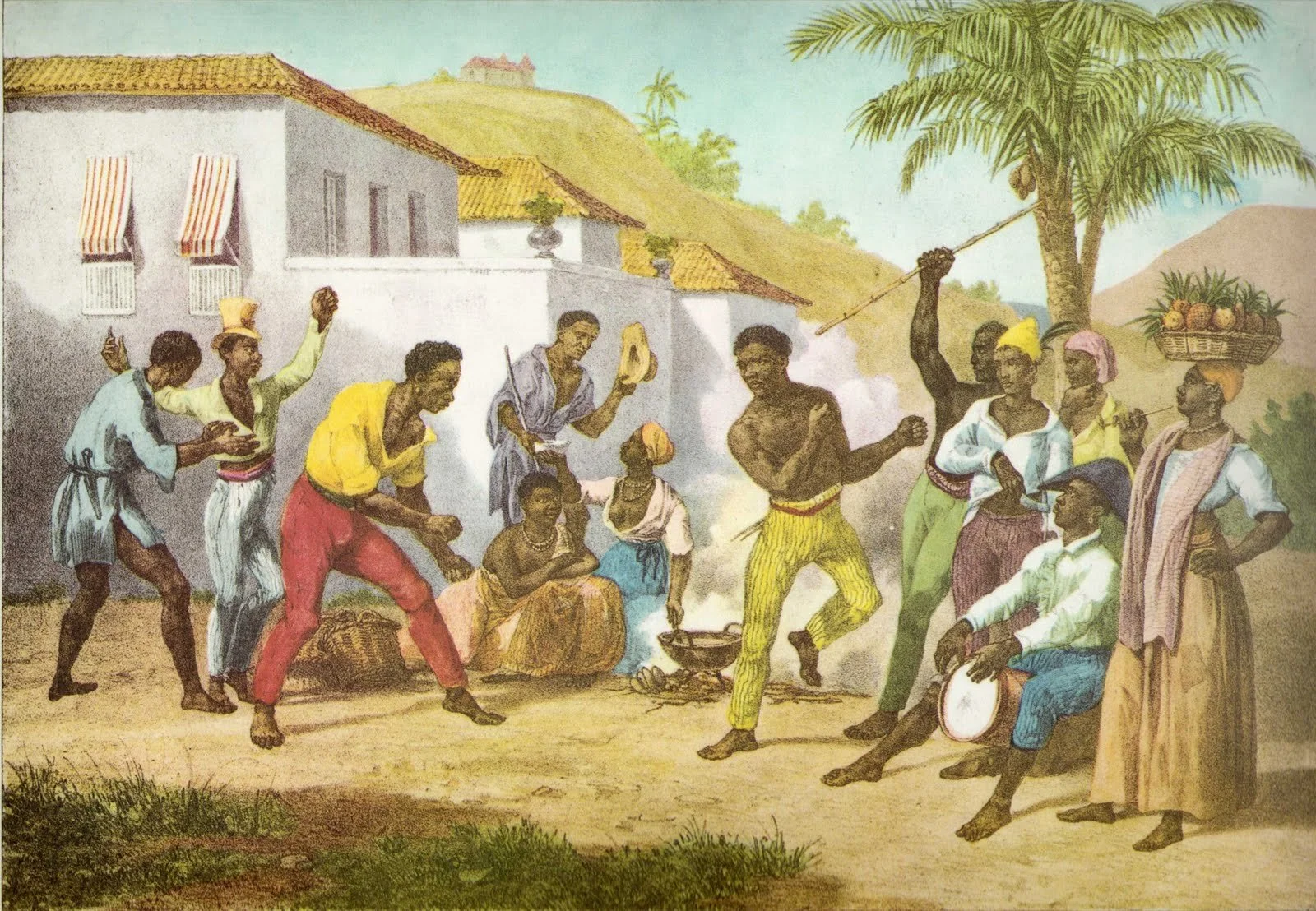Capoeira Angola Sheffield
Capoeira Areia do Mar
Who are we?
We are a collective of capoeira Angola practitioners in Sheffield, passionate about the preservation and continuation of the traditions of capoeira. Areia do Mar (the sand of the sea) represents the flexibility required to navigate not only the world of capoeira but in wider society. The adaptability of sand (areia) allows it to take almost any form required of it, it is the foundation for many human advances from architecture to fine art. As capoeira practitioners, we ensure that the foundations of the art are honoured in order to grow, evolve and thrive.
We operate as a Community Interest Company and provide school workshops, team building sessions for professionals, beginner’s courses and a wide range of other activities which include Afro-Brazilian culture, movement, music and history. Our activities will be carried out for the benefit of residents of Sheffield, in particular but not exclusively for, those of the African diaspora and ‘BAME’ with a particular focus on in-school practitioners, children, and adults of global majority communities and Sheffield’s low income citizens.
Our Mission
Our aim is to promote the integration and community found in the active practice of capoeira Angola. This is driven through the preservation and appreciation of the traditions of the movement, musicality and culture of capoeira.
Our values
We believe that a Capoerista is more than just a player, they are agents of liberation and solidarity, responsible for the creation of a better world. Capoeira Areia do Mar Sheffield values the importance of camaraderie, respect and the personal development of everyone.
What is Capoeira Angola?
Capoeira Angola is a branch of Capoeira. The style of Angola is highly influenced by the old guard of Capoeiristas from the early 20th century. The movements are typically lower to the ground and there is a heavy focus on trickery and conversation through movement. Angola emphasises the importance of the music and the African roots of Capoeira.
The History of Capoeira Angola
The history of Capoeira Angola begins in the early 20th century. The rituals, rules, and movements of Capoeira were laid out by mestres like Pastinha, Waldemar de Paixão, Cobrinha Verde, and others in Salvador, Bahia. This was a response to Capoeira Regional, a more upright fight based style of capoeira, which was created by Mestre Bimba in the 1920’s, and began to dominate the Capoeira scene in Salvador. Over the course of many decades, these mestres passed down their knowledge, ways of teaching, rituals for the roda, and etiquette for the game of Capoeira. Today Capoeira Angola is very conscious of the roots of Capoeira and tries the best it can to preserve the history from which it came.
Angola as the original Capoeira
Some Angoleiros take the position that Angola is the Capoeira found in Brazil in the 1800’s and that the further you go in history, the more the game of Capoeira will look similar to the African martial arts and dances brought over by enslaved Africans.
The few sources available do point to a violent Capoeira that likely looked very different from the one we see today. The most famous account from the 1870’s describes two men listening to a drum and colliding with each other head-first. The game sounds extremely violent and very different from the Angola we see from video recordings dating back to the 1940s (some of the earliest source videos).



